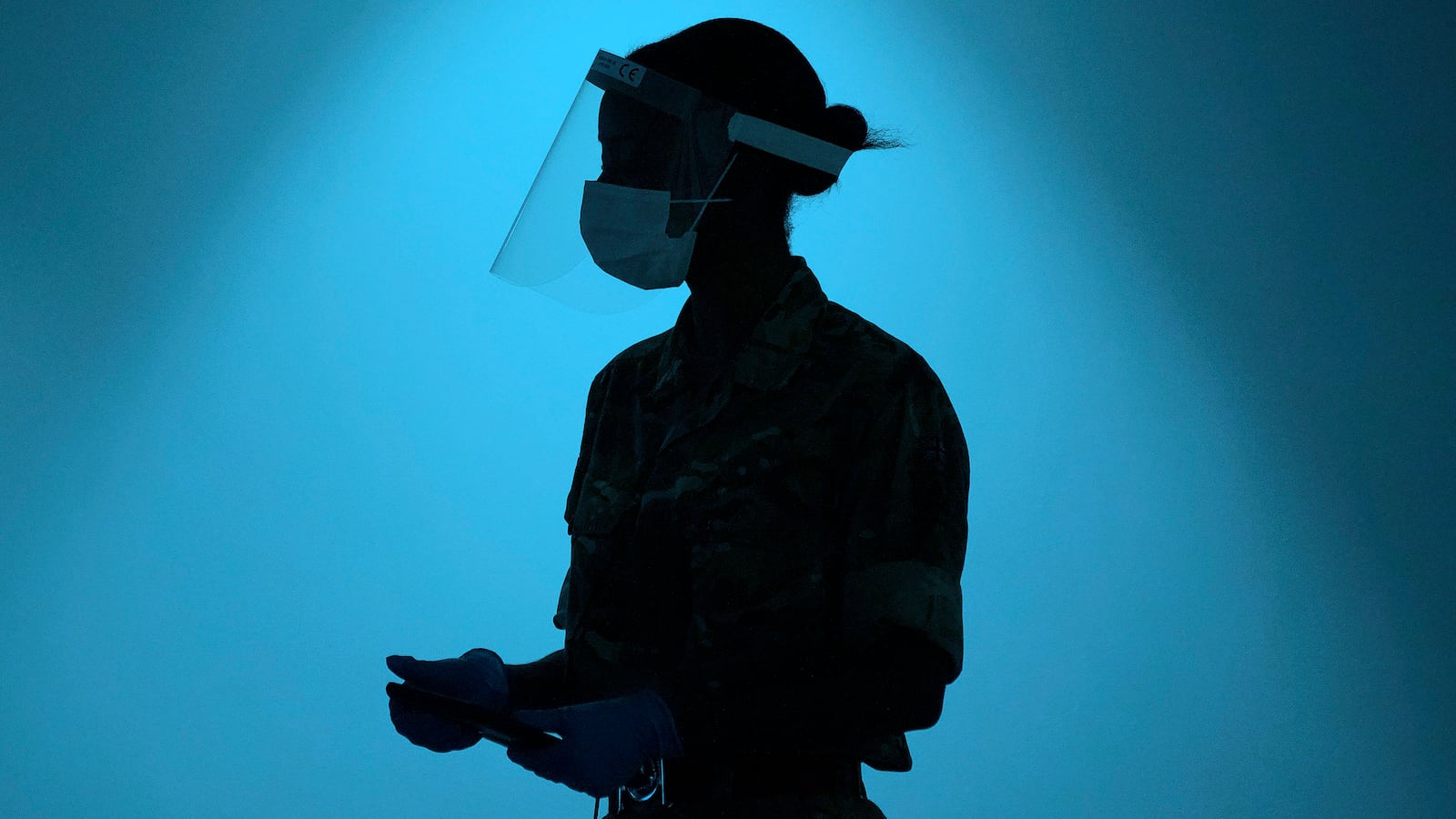If in 2019, you weren’t sure where to direct end-of-year donations—the survivors of the Christchurch mosque shootings, or those suffering from the second-largest Ebola outbreak in history, or folks fighting fires in the Amazon rainforest—sadly, 2020 has simplified things a bit.
The unprecedented global coronavirus pandemic had, as of last Friday, killed more than 1,364,073 people globally, leaving hundreds of thousands more grieving, or fighting long-term medical complications, or in debt. The devastating economic effects of the virus, particularly in the U.S., have left many more without a source of income, food to eat, or a roof over their heads.
For this eighth annual Giving Tuesday, we’ve prepared a list of organizations that are committed to coronavirus relief, from medical research and personal protective equipment for health-care workers to marginalized communities in need. So—what do you want to contribute to?
The Medical Community
Donate PPE provides personal protective equipment to health-care workers, and contributions go directly towards the purchasing and distribution of those supplies on the front lines in the Bay Area, New York City, Boston, and Southern California. As of Friday, the nonprofit had distributed 2,182,985 pieces of equipment and raised $159,217.
Johns Hopkins Medicine’s donation portal notes two specific areas of need—COVID-19 patient care and coronavirus research. For patient care, gifts support “the purchase of hospital supplies, protective gear for clinical staff, and oxygenation and respiratory equipment; direct patient care including additional services and staffing; and community prevention and outreach,” according to its website.
Gifts for the purpose of research support, conversely, assist Johns Hopkins’ teams in their efforts to “generate a deep understanding of disease virology and its impact on human biology and immunology, and to develop effective methods to detect, diagnose, treat, and prevent COVID-19 in diverse people, including those who have chronic conditions, such as diabetes or cardiovascular disease.”
Workers and Joblessness
The pandemic has robbed millions of families of employment. For each dollar donated to Feeding America, the group provides at least 10 meals to families in need through the nonprofit’s network of 200 food banks across the country. Before the virus ravaged the nation and its economy, more than 35 million people struggled with hunger in the United States. That number was expected to grow by the end of this year to more than 50 million people.
The National Domestic Workers Alliance Coronavirus Care Fund provides emergency assistance to nannies, house cleaners, and home care workers—many of whom are immigrants and women of color—with pandemic-related financial needs. As of Friday, the fund had already distributed funds to over 30,000 applicants.
With closures, restricted dining, and curfews, restaurants and their employees have struggled tremendously all over the country. The Restaurant Workers’ Community Foundation’s emergency relief fund distributes 50 percent of donations directly to individual restaurant workers, 25 percent to nonprofits serving restaurant workers in crisis, and the remaining 25 percent for zero-interest loans to get restaurants back up and running.
There were 2.5 million working artists in the United States in 2019, according to Artists and Other Cultural Workers: A Statistical Portrait, a study published by the National Endowment for the Arts. Artists in the U.S. “facing dire financial emergencies due to COVID-19” can apply for a $5,000 unrestricted emergency grant from the Artist Relief Fund. The fund was launched with a $5 million seed gift from The Andrew W. Mellon Foundation.
Medical Debt
With a record number of people hospitalized for the coronavirus and still-unknown long-term health complications to be discovered, Americans have especially struggled this year to pay exorbitant medical bills. RIP Medical Debt “empowers donors to forgive billions in oppressive medical debt” for individuals and families across America, according to its website. “We know this pandemic will worsen the medical debt crisis by creating additional debt for millions of under and uninsured as they seek treatment at an average estimated cost of $20,000 per person,” said the nonprofit’s executive director, Allison Sesso. The company partnered with a Tucson church on Easter, raising enough money to pay off medical debt for approximately 1,700 households.
For those looking specifically to relieve the medical debt of those on the front lines, the group’s Helping COVID Heroes Fund “will be used to identify, buy and abolish the medical debts of healthcare professionals and other first responders working across our country’s emergency response infrastructure.”
Non-Monetary Donations
Many facilities, including Boston Children’s Hospital, accept in-kind donations of PPE, gift cards, and—perhaps most importantly—blood. Blood and platelet donations have declined this year, as Americans have experienced growing concerns about exposure to the coronavirus, according to the hospital. And if you’ve recovered from a verified case of the virus, you might be eligible to donate the plasma in your blood, if it contains antibodies that can attack the virus—a possible treatment being studied as a therapy for severely ill patients. Those interested in donating plasma can apply via the American Red Cross.






